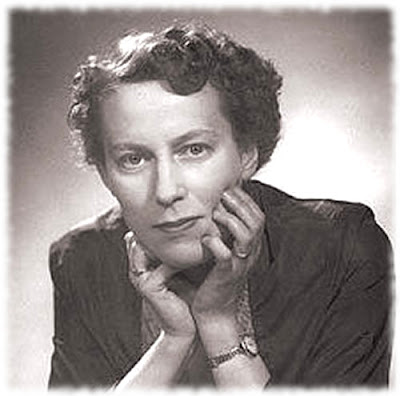Oscar Peterson or Karlheinz Stockhausen?

Who touched more people's lives, Oscar Peterson or Karlheinz Stockhausen? Not a rhetorical question, but one prompted by reading a fascinating book over the Christmas break. Both Peterson and Stockhausen were consumate musicians who created seminal works in the 1960s. Night Train was recorded in 1962 and Stimmung was composed in 1968. But they were polar opposites in their approach to music making, and they were polar opposites in their propensity to disturb people.

White Heat, A History of Britain in the Swinging Sixties by Dominic Sandbrook is a superbly researched social history which follows on from the author's survey of Britain in the 1950s. Sandbrook's central thesis is that 'the sixties are best understood not as a dramatic turning point, interrupting the course of the nation's history and sending it off in a radically new direction, but rather as a stage in a long evolution stretching back into the forgotten past'. His conclusion is echoed by a New Society survey of social attitudes carried out at the end of the 1960s.
'Shouldn't one talk of the Cautious Sixties, rather than the Swinging Sixties? Hardly any of the obsessions of the metropolitan mass media rate favourably: some of them don't even rate strongly. You emerge with the very strong impression that if the the 1960s meant anything special to most people in Britain it was because they got, during them, a better chance to lead a not-too-poor, not-too-insecure life ... Despite the way the 1960s have often been portrayed, this has not become a wildly changed country: most people are not that keen on being disturbed.'
Oscar Peterson or Karlheinz Stockhausen? I would choose both. But despite our current obsession with all things new, doesn't Dominic Sandbrook's summing up apply as much to the first decade of the twenty-first century as it does to the 1960s? - 'Not ... a dramatic turning point, interrupting the course of ... history and sending it off in a radically new direction, but rather as a stage in a long evolution stretching back into the forgotten past.'

Read how Bill Evans and György Ligeti were part of that evolution.
Any copyrighted material on these pages is included as "fair use", for the purpose of study, review or critical analysis only, and will be removed at the request of copyright owner(s). Report broken links, missing images and errors to - overgrownpath at hotmail dot co dot uk










Comments